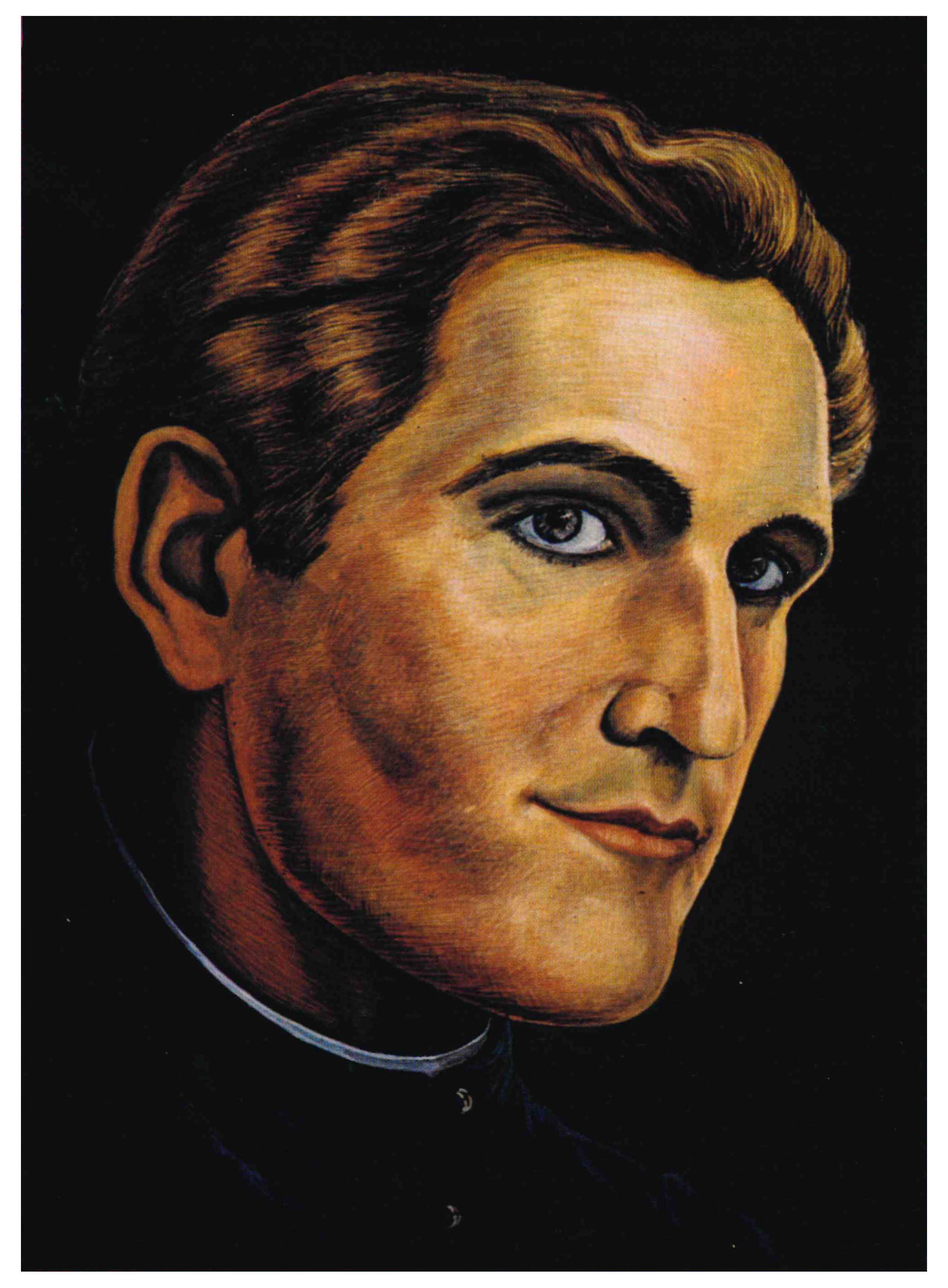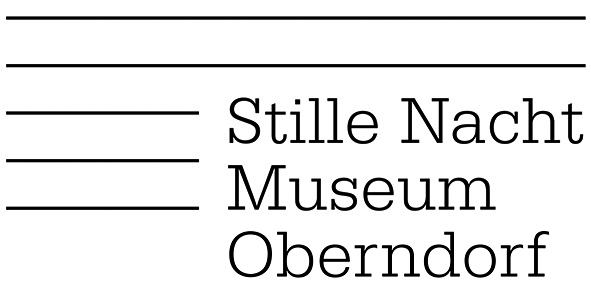<br>
Joseph Mohr
Josephus Franciscus Mohr was born on December 11, 1792, in Salzburg. His mother, Anna Schoiber, was a poor, unmarried knitter who lived there. Joseph Mohr was one of four illegitimate children. His father was the soldier Franciscus Josephus Mohr. At a young age, cathedral choir vicar Johann Nepomuk Hiernle took care of the talented child and opened the path to higher education for him.
Two gifts were bestowed upon the child at birth: unwavering cheerfulness and a deep, genuine love for music. Thus, he was allowed to attend the Lyceum (later the Academic Gymnasium) in Salzburg. Afterward, he studied philosophy in Kremsmünster. He received his final education at the Archbishop’s Seminary in Salzburg. He was ordained as a priest on August 21, 1815. This required a diocesan dispensation, as he was only 23 years old.
His path first led him to Ramsau in Bavaria, where he held a temporary position. In October 1815, he came to Mariapfarr in Lungau, where he wrote the text of “Silent Night! Holy Night!” in 1816. From 1817 to 1819, the people’s priest served in Oberndorf near Salzburg, where the song “Silent Night! Holy Night!” was first performed on December 24, 1818.
After many other stages in his professional life, he received his first independent position in Hintersee, where he became vicar in 1827. From Hintersee, he moved to Wagrein in Pongau in 1837. There, the courageous pastor died of lung paralysis on December 4, 1848.
As a pastor, Mohr lived closely with his faithful, took his meals at surrounding inns, made music with the local population, and spent much time listening to their worries and troubles. This led to his superior, Pastor Georg Heinrich Nöstler, even filing a complaint against him. He accused him of neglecting his duties, visiting taverns, joking with persons of the opposite sex, and that “he plays and drinks and often sings non-edifying songs.” However, these accusations could be dismissed as baseless. For instance, it wasn’t even possible for him to avoid visiting inns since he wasn’t approved to have a parish cook.
Joseph Mohr discovered his paternal roots in Mariapfarr from 1815, where he was able to meet his grandfather. True to his pastoral work, he accompanied him in his final months of life and was even allowed to conduct his funeral.
From 1837 in Wagrein, Mohr distinguished himself primarily through his social work. He achieved the construction of a schoolhouse and established a school fund that enabled underprivileged children to attend school. The later-established home for the poor and elderly can be traced back to his fight against the practice of housing the poor with different families.


